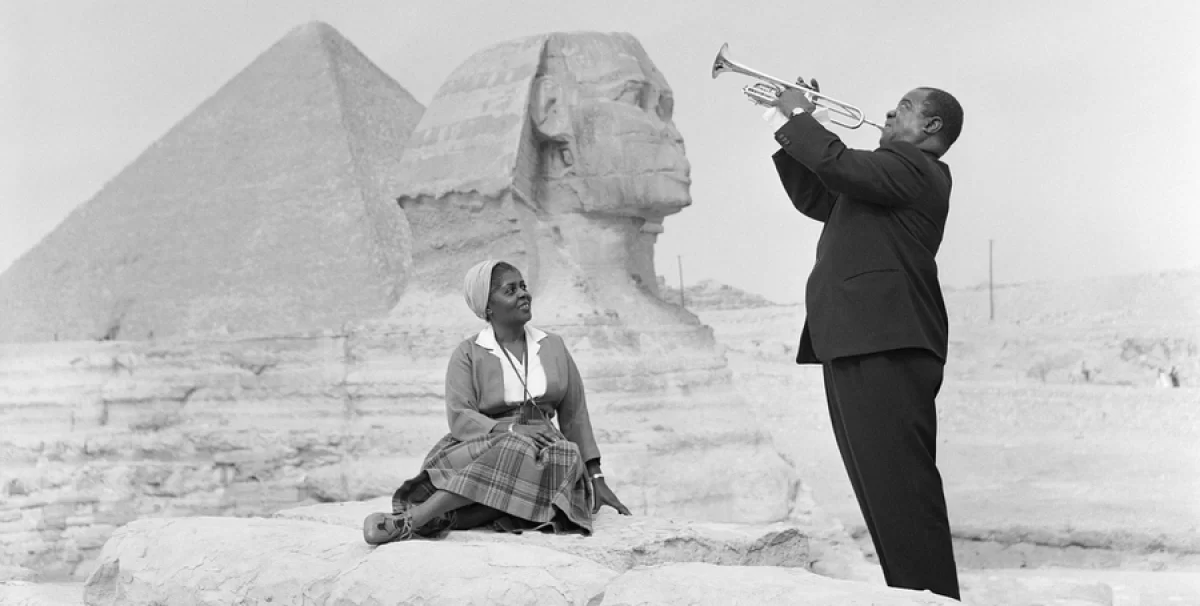Alice is laid out on the bed, her left knee bandaged and raised. Her right side is draped with one of those honeycombed hospital blankets that give off an odour of convalescence and disinfectant. I’m looking at her sidewise – an awkward angle but I couldn’t, somehow, bring myself to orient the chair so as to stare at her fixedly as if she were some injured bird I’d just brought in from the garden. Her body was damaged but repaired. War child that she was, she’d tried to tough it out until she’d been unable to get out of her chair and Francis, her husband, had no choice but to call 111.
I’ve called her Alice ever since she left (actually, was ejected and no longer thereby just a parent but to my mind a victim and besides, parents don’t act this way), her flame-red hair and her forest green Renault disappearing together down the road to parts unkown. I learned afterward she was having an affair with a lecturer with the requisite foppish trilby and a little MG. Only toward the affair’s end did he start taking open-handed swings at her, blurry with scotch. That was back then. Now I don’t quite know where that woman, that person, that parent has gone – or mostly gone. Is that a distinction without a difference? Gone or mostly gone. Can someone continue to be who they were just some of the time? Lately, she’s become at times foul-mouthed and irrascible, muttering as she processes around the house, bent over shuffling in her nightgown, lining up old medicine bottles, pens, silverware as she sifts through her life’s objects, sorting friends, acquaintances, family members according to their present value: sons, lovers, friends, husbands, mothers-in-law, and those who emigrated or just drifted away. Now and then she’ll launch a barrage of text messages – florid with accusatory pronouncements in a sanctimonious style not authentically hers. I read them, reluctantly, compellingly, and then I must sit and breath out slowly to dispel the bolus of rage, sadness, and shame and what else besides. Then I remember how it was when I decided to exit my own marriage when the nightmare of conflict and rage didn’t seem to be tapering. Distress has a way of shifting us subtly into another dimension: we’re permitted no longer to be of the world; we find ourselves on the other side – an isolation ward to keep us, and our pain, from leaking out into the world.
And it does seem a little ironic, looking back, that at the very moment my father began flinging those suitcases down our stairs my stringy little nubile self lay stretched out on the dining room floor listening to that unforgettable staccato theme of Jaws on my record player? Cut-cut – cut-cut -slash-slash–rip-rip. Unexpected dismemberment from below. The end of tomorrows being much like todays.
Our sporadic conversation finally peters out. I have my phone with me. I check my email and watch a video of a glacier collapsing in Chile nineteen hours ago: small mountains of ice shearing themselves off, easing themselves into the water like cautious winter bathers. The tumult, the irreversible loss of form and dignity feels haunting and poetic, a slow but violent dance and then it is done.
The surgeon appears, jaunty and solid. “Hello Alice. How are we this afternoon?”
“I’m okay, yes… . I think,” Alice replies faintly.
“Well, don’t worry. We’ll have you out of here soon I should think. Sit tight for now.”
I notice the golden hour sunlight has crept across the pillow on which Alice’s head lies. For a moment it irradiates her hair.
There is a photo of her somewhere, seated on the grass, intent, silent, entranced by the distant Malvern Hills she adored. Well, adores still. Finding herself as a woman; too late; energetically; clumsily; hurtfully. Hurtfully, let’s be clear. And yet my later self – the one who replays over and again those tumbling suitcases and the door banging shut kicked from the outside and the dismal never-ending Sunday afternoon visits – can’t help but posthumously cheer her on for escaping them both, the husband, and the lover. Only now to lose herself once again. We do, we so do , spend a lifetime learning how best to live our life before it’s rudely yanked away. Mistakes are inevitable.
The duty nurse swishes back the curtain: “How are you Alice, you alright?, she says. You’ll be going home soon.”






